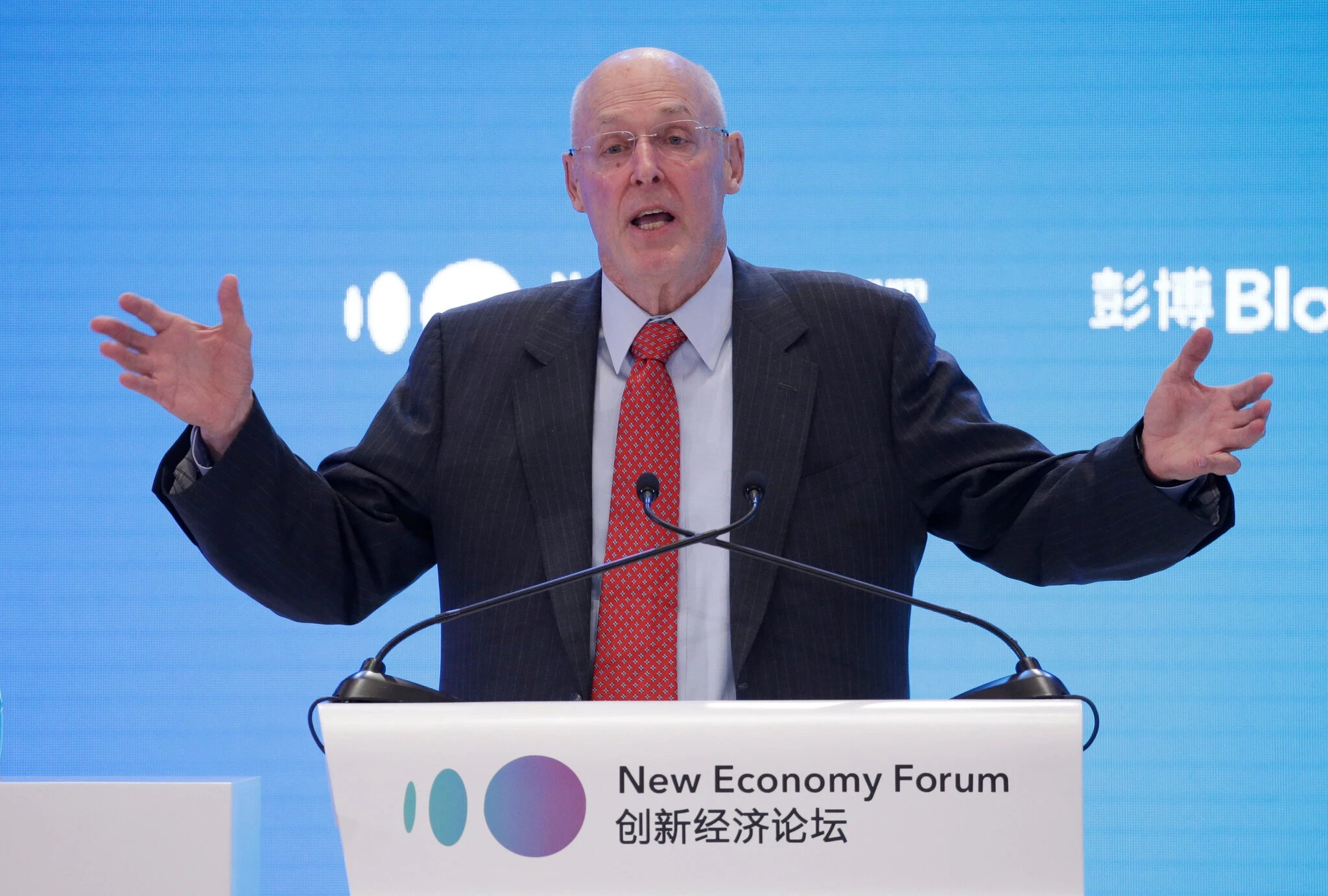Chris Pawlik ’06 is Founder and CEO of Energy-Producing Retail Realty (EPR2). A UC Berkeley triple-major with undergraduate degrees in Political Economy of Industrial Societies, Slavic Language and Literature, and Business Administration, Pawlik has applied his Berkeley education to a new challenge: accelerating the deployment of renewable energy on commercial properties.
Pawlik founded EPR2 in 2011 with a new idea about how to open commercial rooftops to solar energy. At the time, third-party financing was already becoming one of the most widely adopted solutions for solar installation and maintenance. However, regulatory and legislative challenges prevent most commercial property owners from taking advantage of third-party financing to take their rooftops solar.
To smooth these regulatory pain points, EPR2 has developed a business model called Next Level Solar, in which the company establishes a real estate interest on the property in question. EPR2acquires the legal right from the building owner to install energy-producing assets, then provides building owners and tenants access to the energy produced at a discounted rate, saving property owners the burden of maintenance and liability and reducing tenants’ electric bills.
“Commercial building owners benefit from our Next Level Solar program by gaining access to discounted electricity for their buildings,” Pawlik explained in a recent press release. “Our business model minimizes capital, technology, and operational risks for owners while increasing a building’s net operating income and value. As opposed to alternative solar options, owners are not required to put any money down or provide a guarantee, and are not obligated to fixed monthly payments.”
In August, EPR2 announced the first installation to take advantage of this new financing model. Their press release can be viewed here.
A member of the Berkeley Founders’ Pledge network, Pawlik shared his insights on entrepreneurship, stressing the importance of passion for driving success.
Q. What significant challenge is your company working to solve, and how are you doing it?
A. Our team is working at the intersection of three of the largest and oldest industries in the world (finance, real estate, and energy), and focused on accelerating the deployment of existing, renewable energy technologies on commercial properties. We have developed a patent-pending business method that addresses existing obstacles and aligns the interests of all the various stakeholders.
Q. What advice would you offer Berkeley students just beginning their careers in the startup world, either as founders or as early team members?
A. Make sure you are passionate about what you decide to work on and you surround yourself with a great team. Your passion and team will help you get through the tough times and keep you focused on achieving your goals. Working on a start-up is a marathon, not a sprint, so make sure to keep that in mind throughout the start-up process, as it will put everything you do into context/perspective.
Q. Is it better to start your own company right out of school, join an existing startup, or take a different path?
A. This question is a personal one and the answer will be different for each person. That said, I think it comes down to what you’re passionate about and what you’re willing to sacrifice for that passion. There’s nothing wrong with taking a corporate job right out of school…for the first couple of years you’re essentially getting paid to learn, which may also end up leading you to your passion. If you decide to go the start-up route, whether by founding your own company or joining one, be prepared to sacrifice time and money today (and in the immediate term) for your passion and a possible pay-out in the future.





